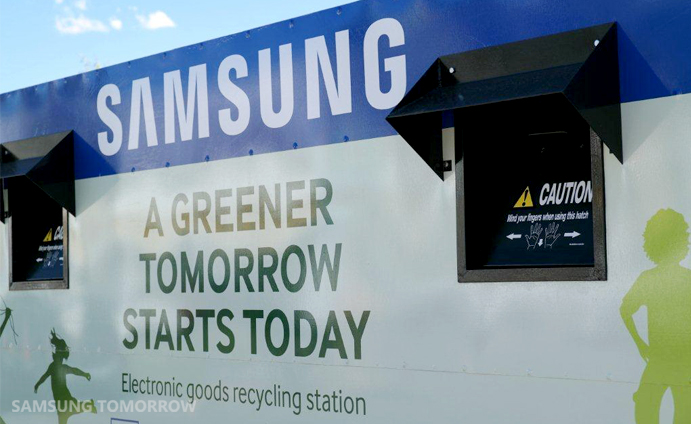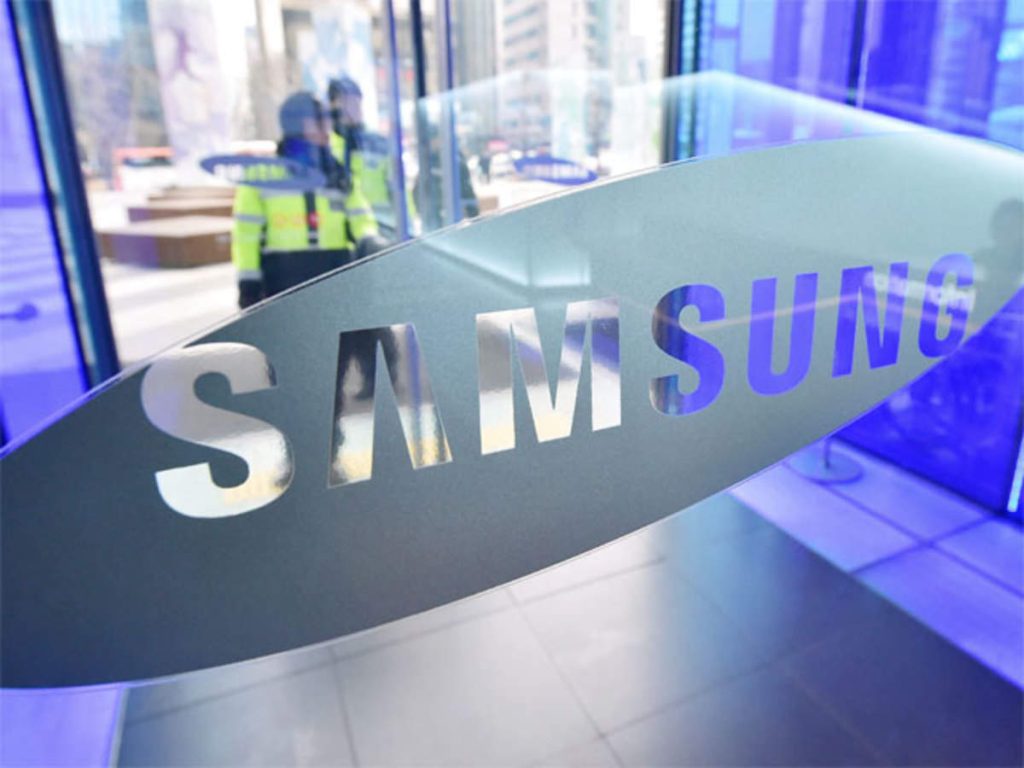
Solar battery
Samsung has implemented comprehensive recycling programs to encourage customers to properly dispose of their old devices. The company created a new Circular Economy Lab with the mandate to conduct comprehensive research on material recycling technologies and resource extraction processes from waste to apply these technologies to maximize resource circularity.
Each day the world round us keeps on changing thanks to technology.Gone are the days when everything was done in an analog manner. Today,virtually everything around the world is made and run by technology with new inventions being the order of the day.

As the emergence of these new gadgets and inventions across the world take root, comes the increase of e-waste. E-waste has become a global concern due to the rapid growth of technology and the increasing disposal of electronic devices.
Every year millions of electrical and electronic devices are discarded due to breakage or become obsolete and thrown away.
These disposed devices are considered e-waste and can become a threat to the environment and human health if not treated well, disposed of, and recycled appropriately.
When it comes to e-waste management, Samsung electronics plays a significant role in shaping the digital landscape. As one of the largest electronic producers, the firm has put in place several initiatives to manage e-waste across the globe.
One of the latest inventions includes the Solar Cell Remote, which is lighter, smaller, and falls within the company’s strategy to safeguard the world from e-waste. The remote uses solar to charge itself as well as natural light. What is more, it comes without disposable batteries, meaning the age where people would dispose of depleted batteries and buy new ones will be done away with when everyone takes this route.
The firm takes pride in product design and durability to ensure longevity and reduce e-waste. During product development, conducts durability tests under various conditions to allow consumers to use the products as long as possible and tries to further extend the product lifespan by developing products to be easily taken apart during repairs and are recyclable.[1]

Smartphones and other electronic devices keep evolving every day.The world continues to experience momentous shifts and developments, as well as an enhanced way of convenient life because of these devices.
By 2030, it aims to have 50 percent of the plastic used in its products incorporate recycled resin and it foresees the figure increasing to 100 percent by the year 2050. The Galaxy Z Fold4 has already been designed to incorporate plastics recycled from discarded fishing nets and the success seen here will soon be expanded to additional products.
Samsung’s commitment to e-waste management reflects a proactive and responsible approach to environmental sustainability, something that the world needs right now. Through innovative product design, recycling programs, circular economy initiatives, and educational efforts, Samsung is making significant strides in reducing the environmental impact of electronic waste.










